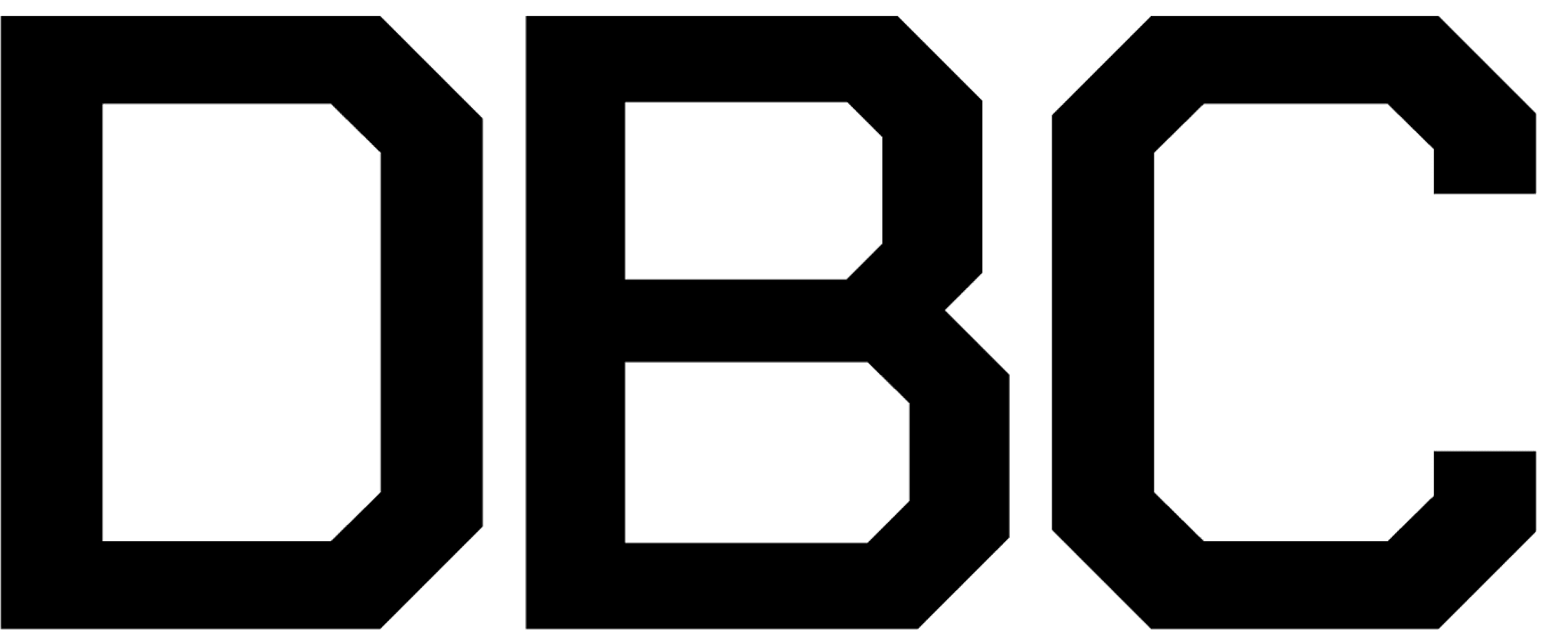3
min read
You’re putting in the effort and not getting the results you want - we get it, it can be really frustrating.
A one size fits all approach doesn’t work with your health. For most of us, the biggest reason that we’re not getting the results we want is down to our nutrition - this is where we’ll be focusing on.
Here are some strategies to help you break through those plateaus and keep seeing results.
Reevaluate
Start by reevaluating your goals.
Ask yourself:
Why do I feel like I need to do this?
Are my expectations realistic?
How long do I expect this to take me?
What/Who is motivating me and keeping me accountable?
How am I going to feel when I achieve it?
After figuring out what truly motivates you, question yourself:
Am I being consistent with my workouts?
Why do I think I’m not getting results??
Am I consistently meeting my daily calorie and macronutrient goal?
How can I improve my nutrition?
Am I sleeping enough?
Track calorie consumption
Your calories need to be aligned to your goal. This is the reason we recommend starting by tracking what you’re eating and drinking to help understand your actual intake and make the necessary adjustments. Even if you think you’re doing fine. It’s been tested countless times - we’re very bad at recalling what we ate.
Make sure your intake aligns with your goals – whether it’s a surplus for muscle gain or a caloric deficit for fat loss.
Balance Macronutrients
Protein Intake
Protein is crucial for muscle growth and repair. For example, if your goal is hypertrophy, aim for 1.6 to 2.2g of protein per kilogram of bodyweight (divide this amount throughout your day, consuming 20-30g of protein each meal). High-protein foods include fish, eggs, lean meats, dairy, and plant-based proteins like tofu
Carbohydrates
These are your primary energy sources. Ensure you’re consuming enough to fuel your workouts and activities. Adjust your carb intake based on your workout intensity and goals. You can find them in bread, rice, potato, fruit, oats, etc
Healthy Fats
Fats are essential for hormone production, to help you feel satiated, and to support metabolic functions. Choose sources of healthy fats like olive oil, nuts, and fatty fish
Optimize meal timing and frequency
To improve your performance and recovery, adjusting the timing of your meals around your workouts is fundamental.
Make sure to have sufficient carbohydrates to fuel your body before your workout session.
Prior to your training, you should focus on meals high in simple forms of carbs, moderate in protein, and low in fiber and fat, to avoid any discomfort during your workout
After your workout aim for a good portion of protein and carbs to replenish glycogen stores (your muscle energy reserves) and help muscle repair.
Prioritize sleep
Sleep is essential for recovery, helping us feel energized both mentally and physically.
Poor sleep increases cravings for high-calorie and fatty foods. In short, lack of sleep leads to poor nutritional choices, which can result in weight gain and hinder muscle growth.
Periodic evaluation and adjustment
In the beginning it can be hard to get it right - make sure to evaluate your nutritional strategy frequently and adjust whenever needed. This will help you be on top of changes in activity level, weight, dietary intake and other factors you might have been missing out on.
Conclusion
Remember, your journey is a marathon, not a sprint. It’s important to be patient and give your body time to adapt.
Incorporating these strategies – reevaluating your goals and what you’re doing to get there, tracking calorie consumption, adapting your nutrition composition for your goal and prioritizing sleep – can help you continue making progress towards your goals.
Regular assessment and the support of a professional team can help you ensure you see results much faster.
Want our certified nutritionists to review your plan? Let’s have a chat.













